Our lead product candidate, RNS60, is saline saturated with oxygen through a unique process. RNS60 is being developed as a potential treatment to improve recovery from neurological trauma, starting with ischemic stroke, and for chronic neurodegenerative diseases driven by mitochondrial dysfunction, such as amyotrophic lateral sclerosis (ALS). RNS60 has demonstrated promising efficacy and tolerability in two Phase 2 placebo-controlled clinical trials (in ischemic stroke and ALS) and also in multiple preclinical models.


RNS60 can be administered by IV infusion or inhalation (nebulization) and uniquely activates intracellular signaling pathways, such as the Type 1A PI3K pathway, that have anti-inflammatory effects and promote mitochondrial biogenesis, cell survival, and differentiation. In addition to protecting neurons and oligodendrocytes in the central nervous system, RNS60 appears to modulate the activity of immune cells to restore cellular homeostasis throughout the body—without the undesirable side effects commonly seen with so many of today’s medicines.